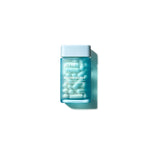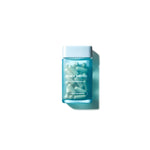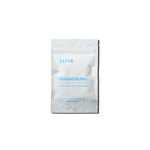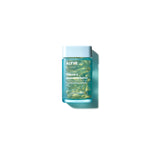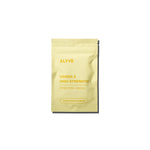Let’s talk about stress. It’s not just a mental or emotional burden; it can also leave its mark on your skin, the largest organ of your body and one that doesn’t hide its troubles well. From acne to visible signs of aging, the effects of stress on your skin are real and quite profound. This blog post explores how stress impacts your skin, the tell-tale signs to watch for, and tips on how to manage these effects effectively.
How Stress Hits Your Skin Hard
When stress kicks in, your skin gets the memo all too clearly. Here’s what you’re dealing with:
-
Cortisol Surges: Under stress, your body pumps out more cortisol, the “stress hormone.” This can boost oil production in your skin glands, setting the stage for acne.
-
Weaker Skin Barrier: Stress weakens the skin’s natural barrier, leading to dehydration and a loss of elasticity. This can leave your skin more vulnerable to irritants and pollutants, which might aggravate eczema, psoriasis, or rosacea.
-
Inflammation Increase: Stress fuels inflammation, which not only worsens conditions like acne, eczema, and psoriasis but also accelerates aging by degrading collagen and elastin—the stuff that keeps your skin looking firm and youthful.
-
Healing Hits a Snag: High stress can slow down the skin’s ability to heal itself, meaning recovery from any skin injury might take longer, potentially leading to scarring.
Spotting Stress on Your Skin
Keep an eye out for these stress-related skin signals:
• More frequent acne breakouts
• Skin that feels dry or flakes easily
• A complexion that looks red and blotchy
• Unwelcome itchy rashes or hives
• Overall dullness and a less vibrant skin tone
• Increasingly visible lines and wrinkles
Tips for Managing Stress and Improving Skin Health
-
Soothe with Your Skincare: Opt for gentle skincare products. Ingredients like aloe vera, chamomile, and hyaluronic acid can calm and hydrate the skin, helping to stabilize its health.
-
Sleep Matters: Never underestimate the power of a good night’s sleep. Aiming for 7-9 hours per night can help your skin repair itself and stay youthful.
-
Eat Well: Your skin reflects what you eat. Load up on antioxidants, healthy fats, and proteins to fight the oxidative stress that comes with high cortisol levels.
-
Drink Up: Staying hydrated is crucial. Water keeps your skin elastic and healthy, so keep a bottle handy and sip throughout the day.
-
Keep Calm and Carry On: Engage in stress-reducing activities like yoga, meditation, or simple deep breathing exercises. Lowering stress can visibly improve your skin quality.
-
Expert Advice: If your skin issues persist, consider seeing a dermatologist or a mental health expert. Sometimes, a professional perspective is what you need to tackle stress-related skin problems.
Conclusion
The link between stress and skin is undeniable. By recognising how stress affects your skin and taking proactive steps to manage it, you can protect not just your mental health but also your skin’s health and appearance. Remember, taking care of yourself is not just about feeling good but also about looking your best. So, take a deep breath, prioritise self-care, and watch your skin thank you in its own way!
